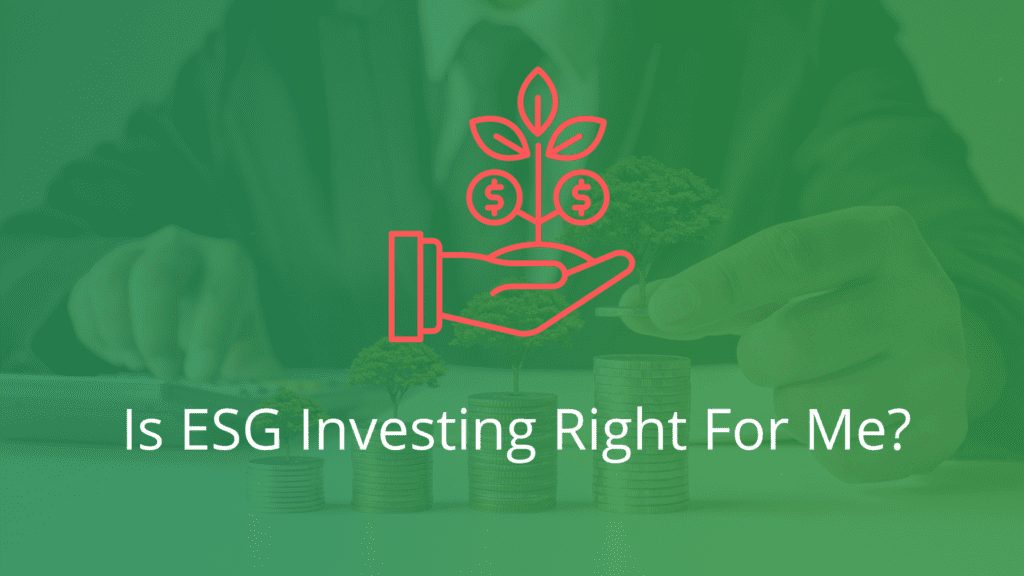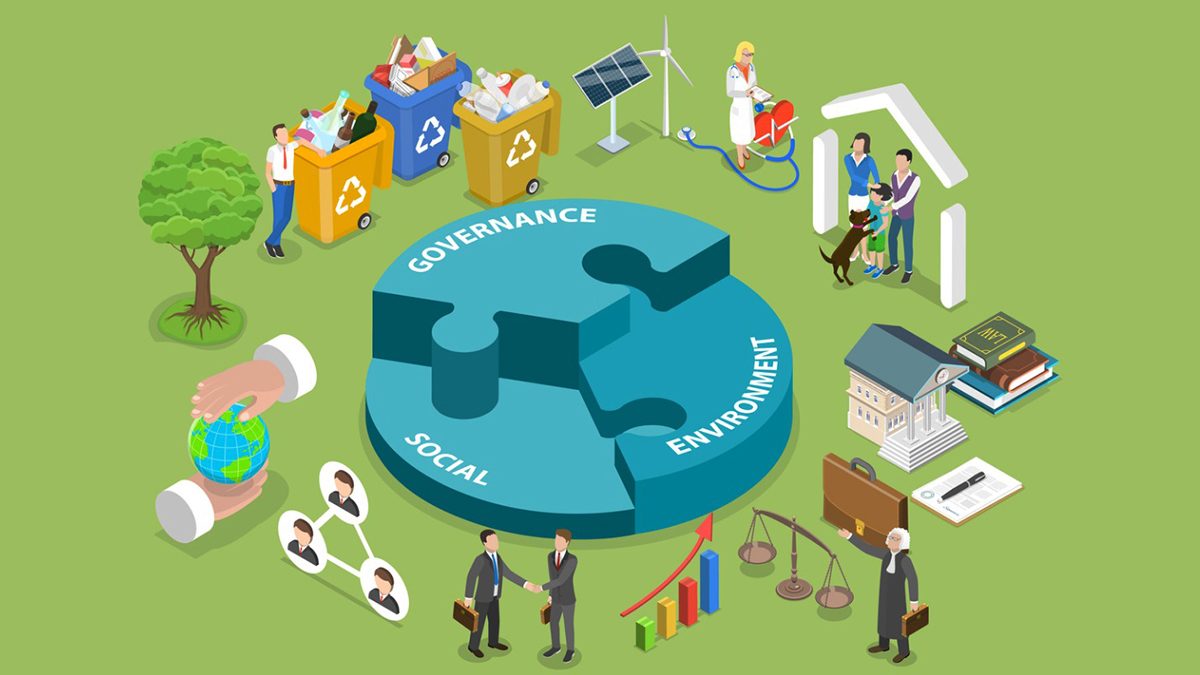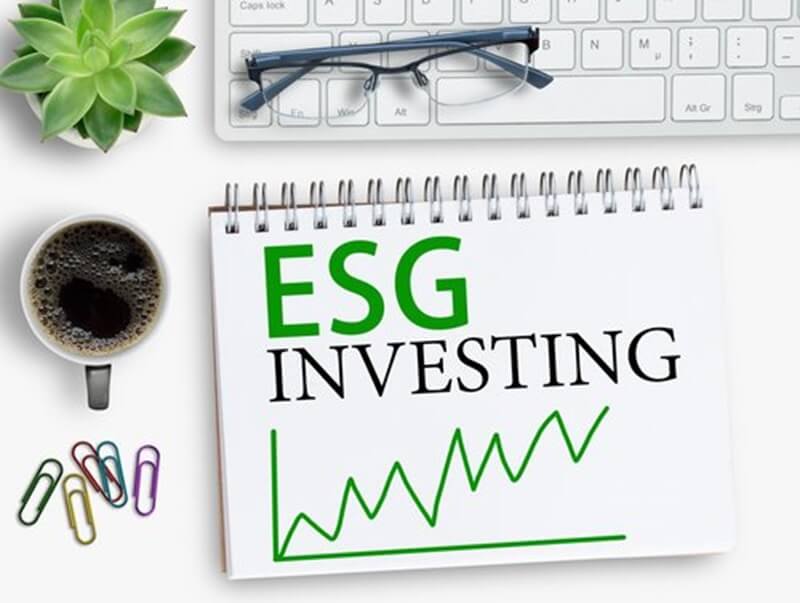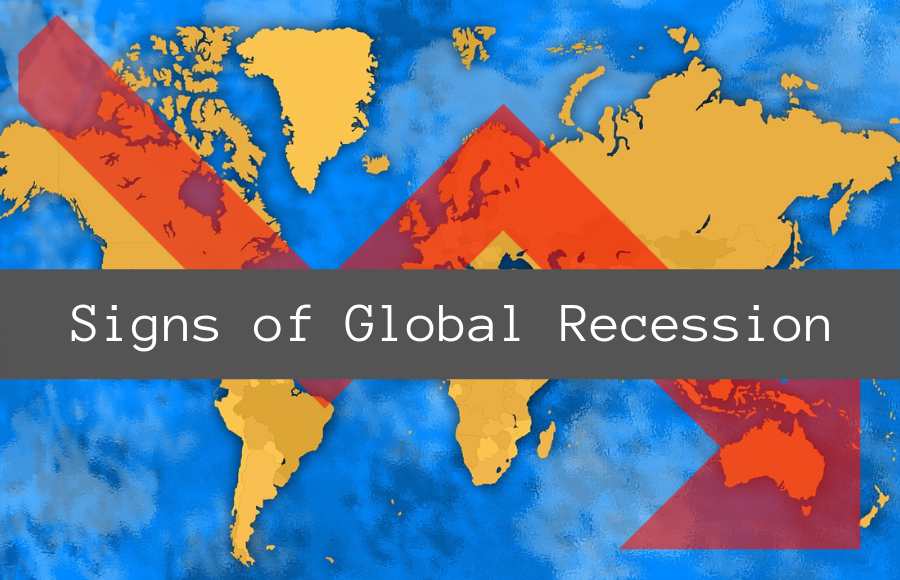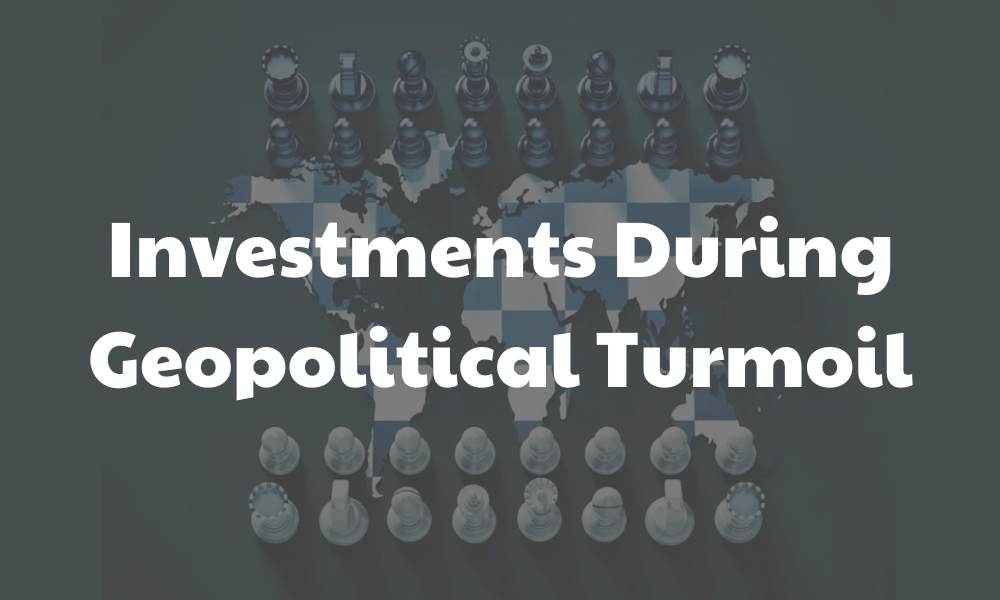You care about where your money goes. So do I. That’s why you might ask, “Is ESG Investing Right for Me?“. Understanding ESG is key. It’s about investing and making a positive impact. It stands for Environmental, Social, and Governance. Think clean air, fair work, and honest companies. It’s not just good deeds—it’s smart money. I’ll guide you to see if your values line up with ESG. And don’t worry – we’ll unpack the risks and rewards. Plus, learn how to mix ESG into your money plan. Ready to invest with a purpose? Let’s dive in.
Understanding the Fundamentals of ESG Investing
Defining ESG Criteria and Their Importance in Investment
What are ESG criteria? They closely look at a company’s care for the environment, how it treats people, and how well its leaders run it. ESG stands for environmental, social, and governance. These are key topics in making our world better.
Now, why does ESG matter to you as an investor? Think about it like choosing friends. You want friends who do good, treat others well, and are honest. ESG criteria help you find companies that act like these good friends. These companies can make money while also doing right by our planet and people. Investing in them lets you back up your values with your wallet.
Recognizing the Different Types of ESG Assets
What kinds of ESG assets can you pick from? There are many options. Stocks in companies that limit pollution, bonds funding clean water projects, and funds combining many ESG-friendly investments are some. Each choice lets you support eco-friendly, fair, and well-run businesses.
But you might wonder, are these ESG options smart money moves? The good news: Studies often show that ESG funds can do as well as other investments. Sometimes they even do better, especially when more people want companies to be responsible.
In fact, ESG funds are growing fast. They let you put money in lots of ESG-caring companies all at once. This means less work for you in picking stocks and less risk too. When one company in the fund has a bad time, others can still do well.
So, when you build your money’s future with ESG assets, you choose a path that helps the earth and its people. Plus, you don’t have to give up good returns. If you care about where your money goes and the mark you leave on the world, ESG might just be your kind of investing.
Evaluating Personal Alignment with ESG Investment Values
How to Assess Your Sustainable Investment Goals
Are you looking to make a real change with your money? If you want your cash to work for you and the world, then consider ESG. This means you invest in firms that care about the environment, treat people well, and are run the right way. It’s not just for the planet’s sake, though. It can also be good for your wallet.
Start by thinking about what matters most to you. Do you want to support clean air and water? How about making sure workers are treated fairly? Or do you want to back companies that are honest and open? Your values will guide you to the right sustainable investment options.
Once you’ve got that down, look at the ESG funds. See how well they match your goals. Check out their ESG scores to get the lowdown on their impact. Finding funds that score high in areas you care about is a great start.
In the end, it boils down to this: pick investments that feel right for you. That way, you can sleep sound at night knowing your money is doing good.
The Significance of Social Responsibility in Personal Investing Choices
Investing is not just about making money. It’s also about making a difference. When you think about social responsibility in your investing, you’re asking, “How can my money help others?” It’s a big question because your choices can change lives.
Companies that care about people, like their workers and customers, tend to do better in the long run. When you pick these kinds of companies to invest in, you’re betting on a brighter future. You’re also making a strong statement about what you stand for.
So, how do you find these gems? Look for terms like “corporate social responsibility” or “socially conscious investment” when you check out different funds. Talk to others about what you want to achieve with your investments. Get their ideas and experiences.
This bit is crucial: always do your homework. Learn about the companies you want to invest in. Understand how they operate and the good they’re doing. That way, you make sure your money aligns with your heart.
In summary, your investment can be a powerful tool. Use it to support the change you want to see. It can lead to both a better world and good ESG investment returns. Remember, when you invest with your values, you may find that success is not just what you get, but also what you give back.
Measuring the Performance and Risks of ESG Investments
Analyzing ESG Funds Performance
When you put money into ESG funds, you want to know how well they do. We look at how much money they make and the good they do. ESG funds should meet environmental social governance criteria. This means they care about our planet, the people on it, and how companies are run. To see if a fund does well, we look at its ESG scores meaning, how the fund follows ESG investing strategies, and the financial return with ESG.
Do ESG investments do better than regular ones? Yes, many times, they do just as well or better. But it’s not all about money. ESG funds also bring good changes, like cleaner air and better lives for people. And they can help you feel proud of where your money goes. When you choose a fund, it’s smart to look at its past, what it holds, and how it manages risks. This way, you find funds that match your want for money and moral good.
Understanding ESG Investment Risks and How to Mitigate Them
Just like with any money choice, ESG investing has risks too. But knowing what they are can help you avoid them. Risks include things not being as they seem and changes in rules or ideas about what’s good. Sometimes, a company might seem like it’s doing well on the outside, but not so much on the inside. This is why we check on companies and funds a lot, to make sure they do what they say.
How can we make these risks smaller? By looking close and asking hard questions. We check on the way a company runs and if it truly follows ESG guidelines. We also spread out where we put money to lessen the chance of loss. Putting money in different kinds of assets like stocks, debt, and real estate can help too. They all react in their own way to market changes, which can help keep your money safe.
With ESG investments, it’s all about balance. We aim for both the good we want to make in the world and getting money back. By staying informed and careful, you can enjoy the personal benefits of ESG investing and help shape a future you want to see. Remember, the goal is to support the world and your pocket. Doing your part in choosing where your money goes is a powerful step toward a future you can believe in.
Implementing ESG Strategies Into Your Investment Portfolio
The Process of ESG Portfolio Construction
Are you thinking about turning your money into a force for good? Many folks are. It’s about investing in ways that help our planet and people. I’m here to show you how to add ESG — that’s short for environmental, social, and governance — to your investments.
First, let’s pick ESG funds. They should match your values and make money over time. Look for funds that meet ESG criteria. These ones care about the earth, treat people well, and run a tight ship. You want your hard-earned cash to support that, right?
Building an ESG portfolio isn’t hard. Mix different types of investments to fit your cash goals and how much risk you can take. A mix could help you keep money safe and grow it.
Think about green stocks or bonds. They back up things like clean energy. Add in firms that are leaders in treating workers well or making safe products. Top it off with companies that score well on how they’re run — they listen to investors and play fair.
Got the idea? Great. Now take your mix of investments and check them now and then. This way, you keep your money in line with your values and go after solid returns.
Conducting ESG Investment Due Diligence for Informed Decisions
To make smart ESG choices, get to know what you’re buying. Check out each investment. Ask how it fits with ESG standards. What’s its track record? Look for proof of ethical choices and green projects. This homework is called due diligence. It means you’re making sure your money is doing what you expect.
Keep an eye on an investment’s risks, too. All investments have them, even ESG ones. Maybe the fund backs a new tech that could flop. Or maybe a company talks a big game about being green but doesn’t walk the walk. You want to spot these risks before they hurt your wallet.
Remember, going ESG is not just about today’s money. It’s about shaping the world for years to come. It’s about clean air, good jobs, and fair chances. Your investments can be part of building this future.
To wrap it up, ESG investing is about more than cash. It’s about values. It’s finding a balance — doing right by people and the planet while still seeing your money grow. That’s a win-win in my book. And with some smart planning and a bit of research, you too can make ESG work for you and your future.
To wrap this up, we explored what ESG investing really means, from the key factors that define it to the types of ESG assets available. It’s not just about where your money goes, but also about your values and how you want your investments to reflect them.
We looked at how to align your own goals with ESG criteria and why it matters to invest in a way that fits your view of social duty. Then, we dug into how ESG funds perform and the risks they carry, providing insight on how to face and soften those risks.
Finally, we discussed steps to weave ESG strategies into your portfolio, making sure you do your homework with due diligence. What stands out is that ESG investing isn’t just a trend; it’s a shift in how we think about and manage our money. By being aware and intentional, we can make investment choices that are good for both our wallets and the world. Now it’s on you to take this knowledge and use it to invest with purpose and power.
Q&A :
What Is ESG Investing and Who Should Consider It?
ESG investing, or environmental, social, and governance investing, is a strategy that factors in a company’s ethical and responsible operations alongside financial returns. It’s suitable for investors who want to support companies that prioritize sustainability, ethical practices, and good governance while still aiming for competitive financial performance.
How Does ESG Investing Affect Financial Returns?
The impact of ESG investing on financial returns can be substantial, as companies with high ESG scores often demonstrate better risk management and long-term sustainability. While some studies suggest ESG investments can outperform traditional investments, prospective investors should conduct thorough research or consult financial advisors to understand how ESG criteria may align with their financial goals.
What Are the Key Factors to Consider Before Starting ESG Investing?
Before starting ESG investing, consider your personal values and whether you want them reflected in your investment portfolio. Assess your risk tolerance and financial goals to see if they align with ESG-oriented investments. Additionally, investigate the ESG scoring methodologies and the transparency of reporting by potential investment opportunities.
Can ESG Investments Lead to a More Diversified Portfolio?
Yes, ESG investments can lead to a more diversified portfolio. Incorporating ESG factors can expose investors to a variety of sectors and companies they might not have otherwise considered, potentially mitigating risk and promoting stability through increased diversification.
How Do I Start with ESG Investing?
To start with ESG investing, first, educate yourself on the principles of ESG and the different approaches to integrating these factors into an investment strategy. Next, consider your investment criteria and look for mutual funds, exchange-traded funds (ETFs), or individual companies with strong ESG ratings. It’s often beneficial to seek advice from financial professionals specializing in sustainable investments to help tailor an ESG investment strategy to your specific objectives.

